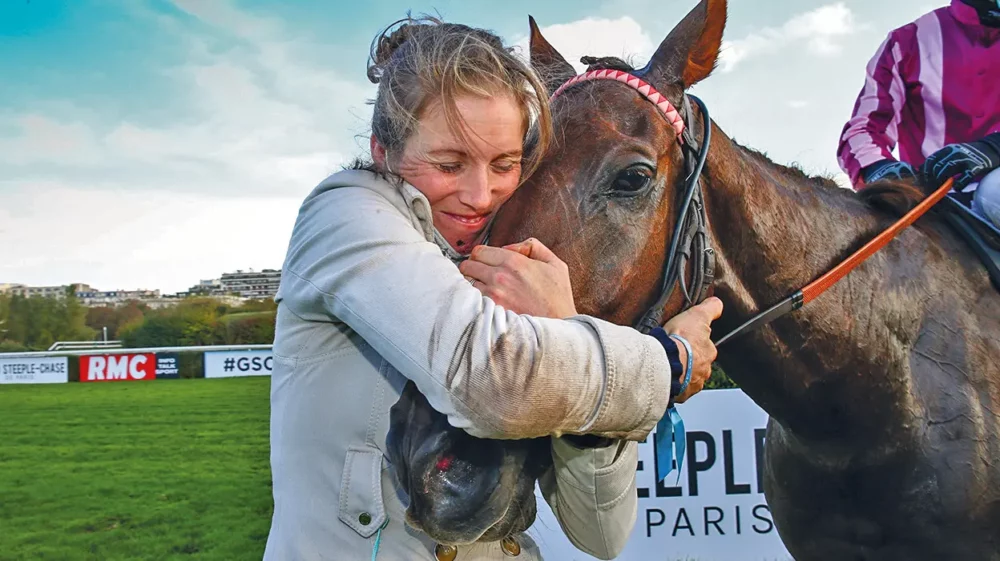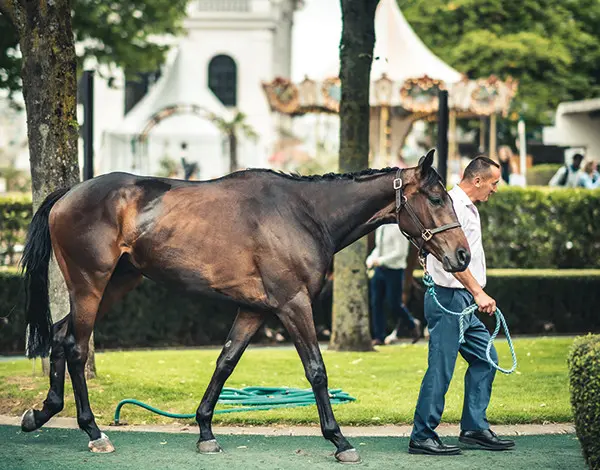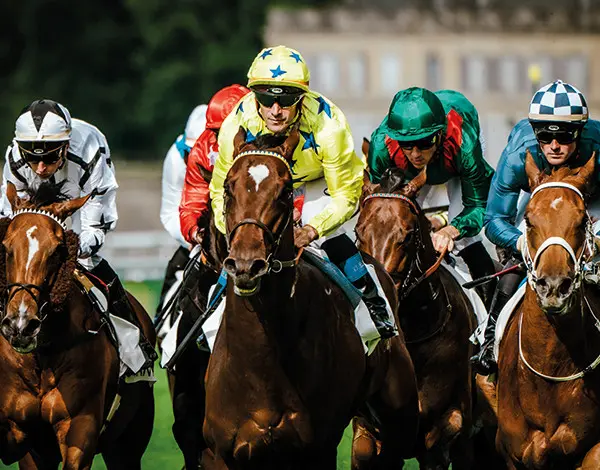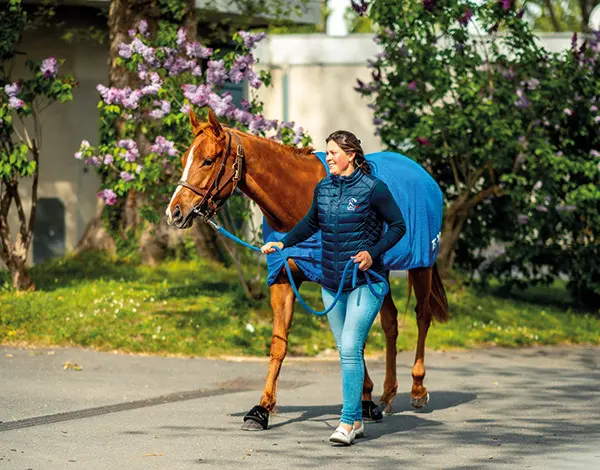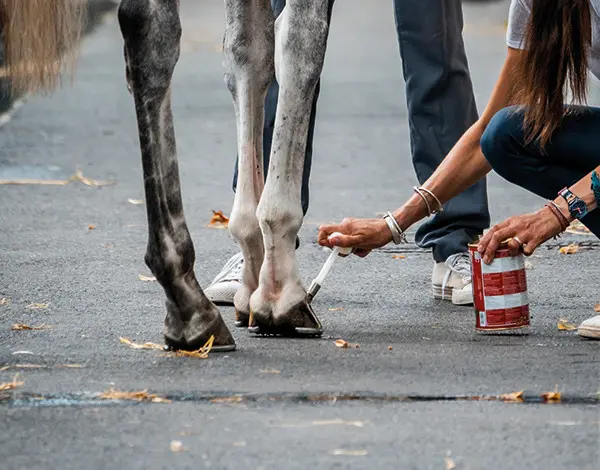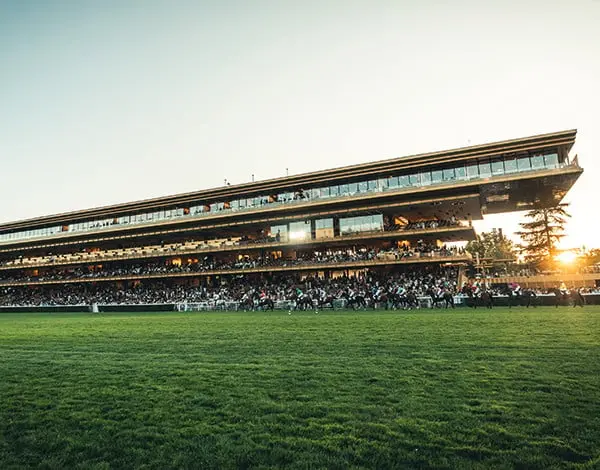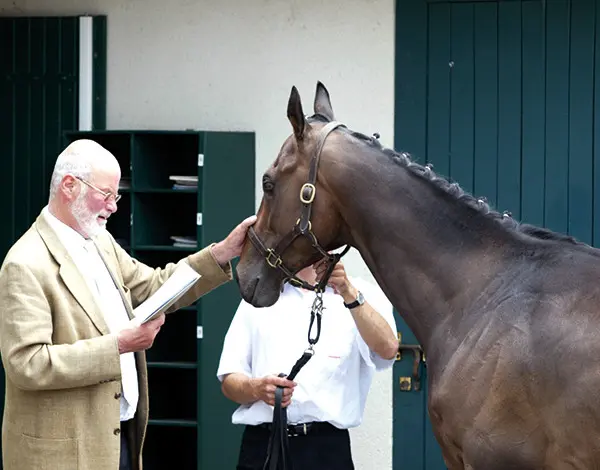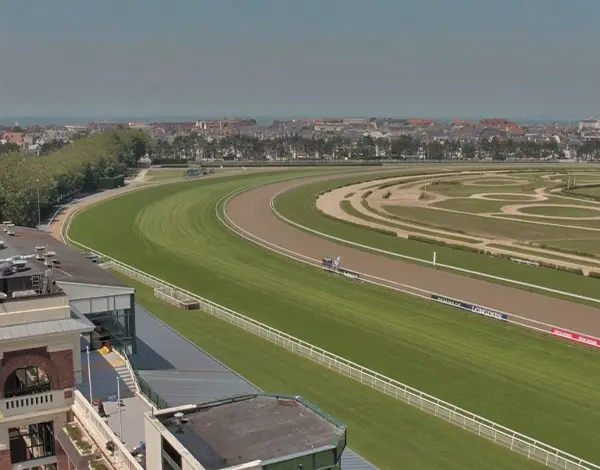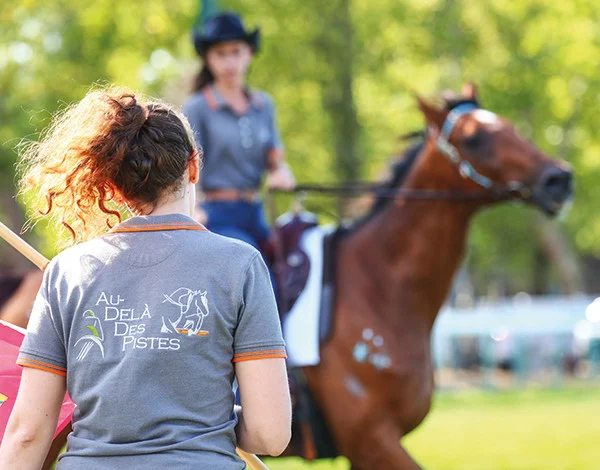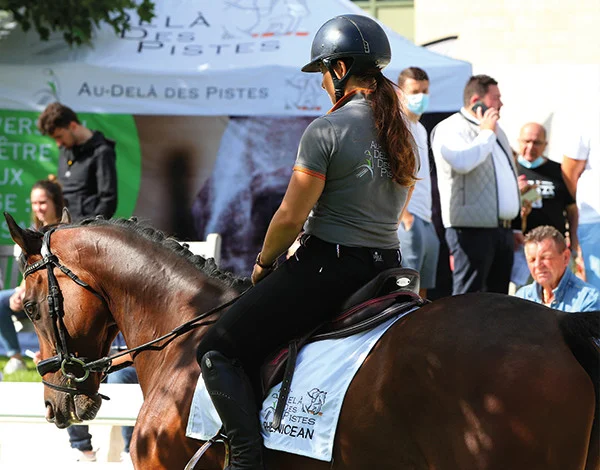The horses have comfortable accommodation in clean, well-maintained areas which enable them to feel at home and safe. They are given a sporting programme that is optimised in terms of both quantity and quality to allow them to reach their highest level.
New trainers who have just obtained their flat-racing licences are visited by vets from France Galop, who check, as part of the teaching process for certification applications, that the infrastructure is adapted to housing horses.
The trainers are also subject to unannounced checks by vets from the Fédération Nationale des Courses Hippiques (French National Horseracing Federation). During these checks, the vets fill in an evaluation table based on the eight criteria in the equine welfare charter. Parameters such as physical state, interaction with humans / other horses, and time spent outdoors are all taken into account.
The vets also verify the prescriptions and medical substances on site. The presence of substances that are prohibited or not prescribed by a vet is punishable by fines and can even lead to the confiscation – either temporary or permanent – of licences.
There are more obligatory vaccines for racehorses than for other horses. Most notably, they need to be vaccinated at least one a year against the flu and rhinopneumonitis.
In 2021, 410 training centres were checked by vets from the Fédération Nationales des Courses Hippiques under the instructions of Le Trot and France Galop.
Their evaluations showed, amongst other things, that:
– 100% of horses could get up, turn around and lie down in their boxes, with litter that was clean and in sufficient quantity
– 66% of flat-racers and 79% of trotters had unlimited access to fibre (hay, straw etc…) complemented by pellets, oats, barley and supplements that were rich in minerals and vitamins.
– None of the horses observed showed any signs of pain when they were checked.
Result of the 2021 evaluations of flat-racing horses.
